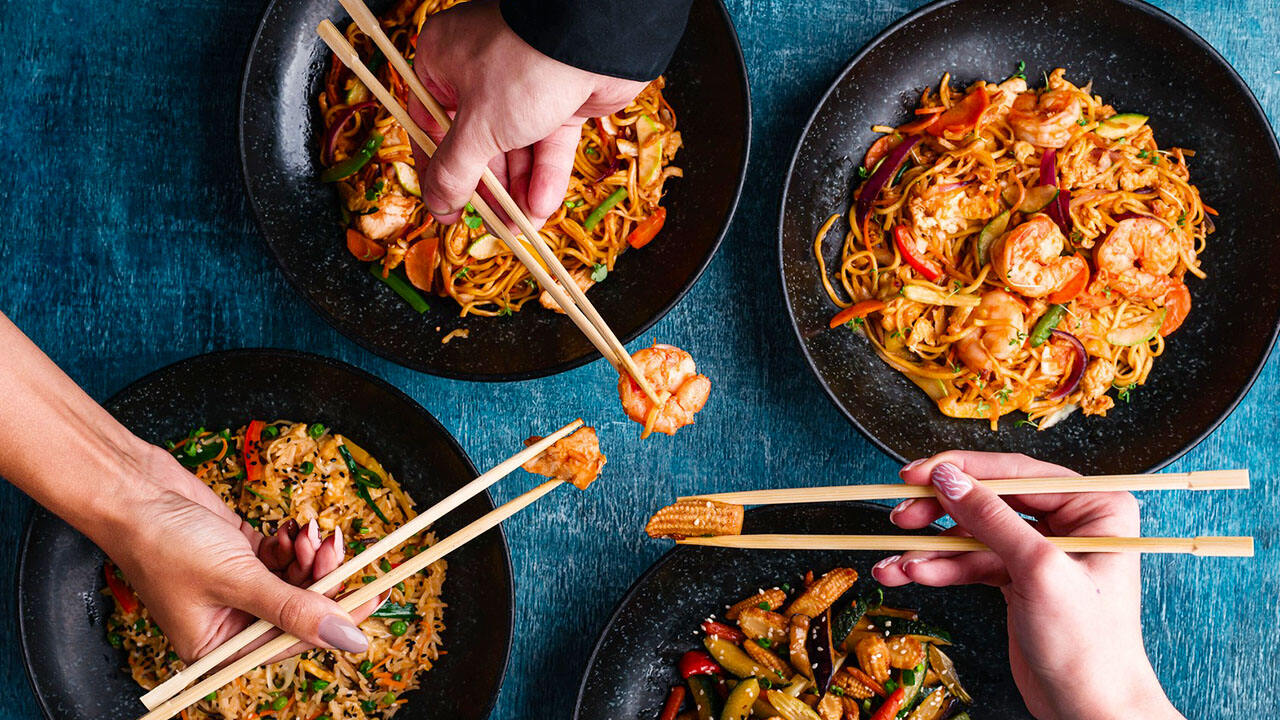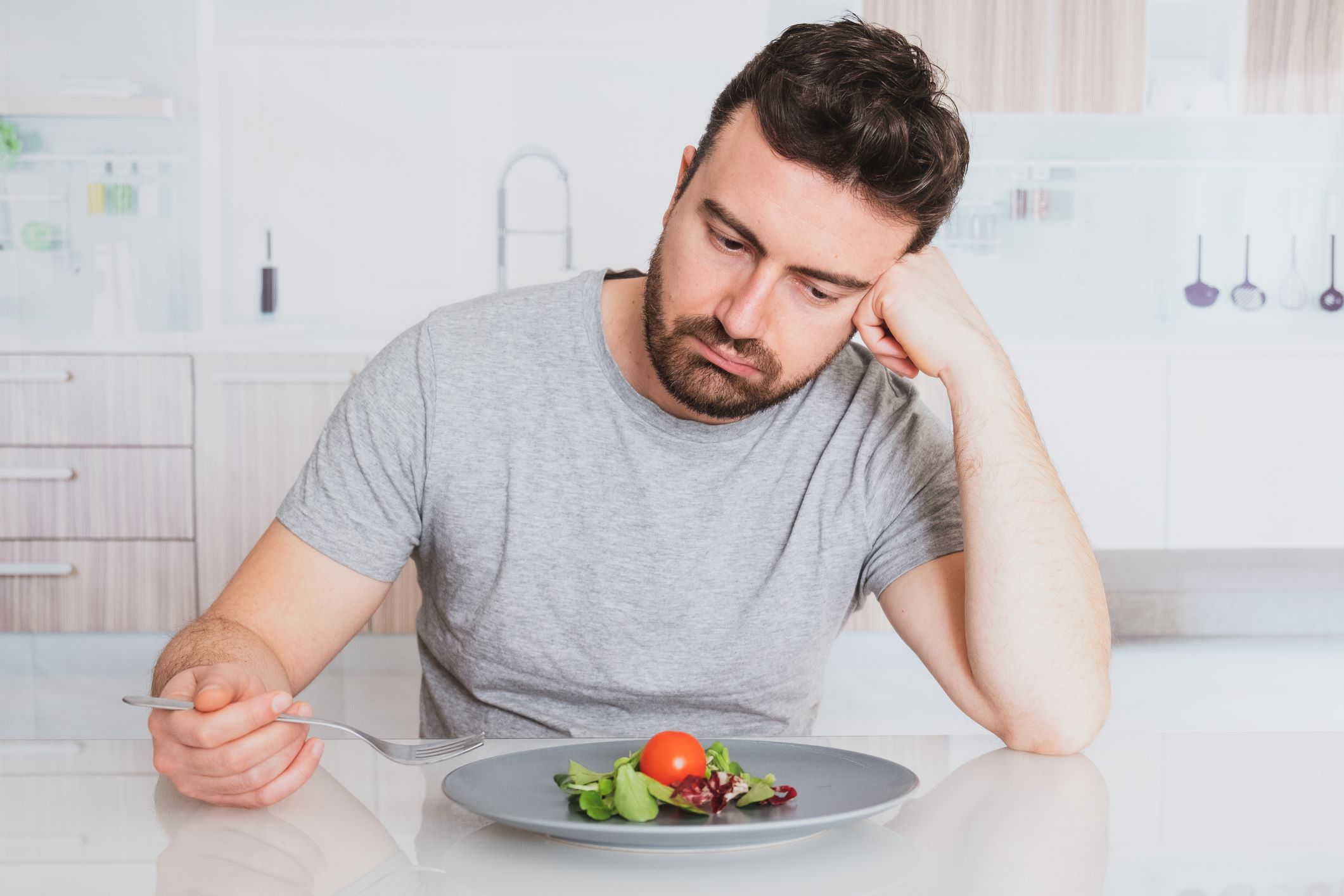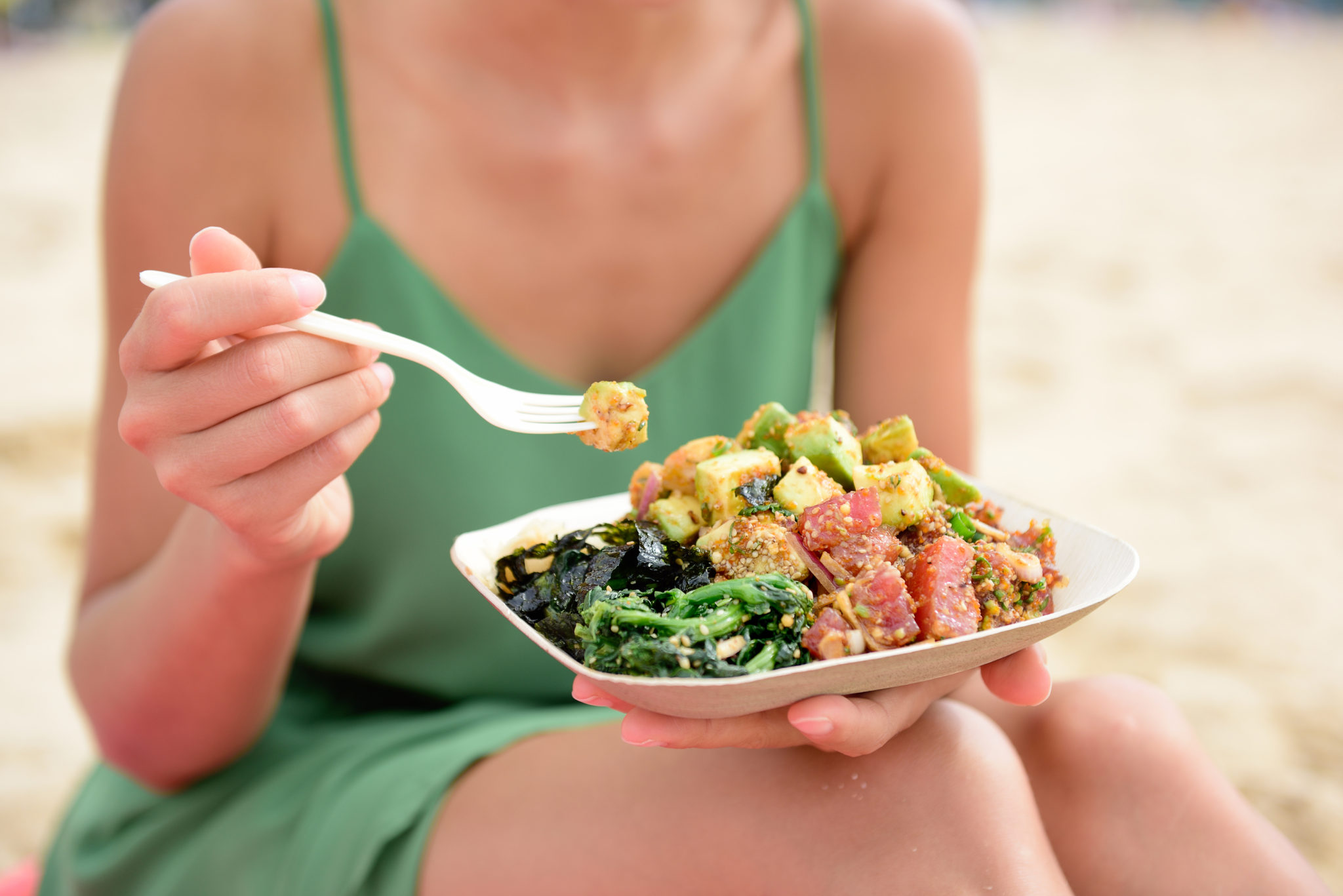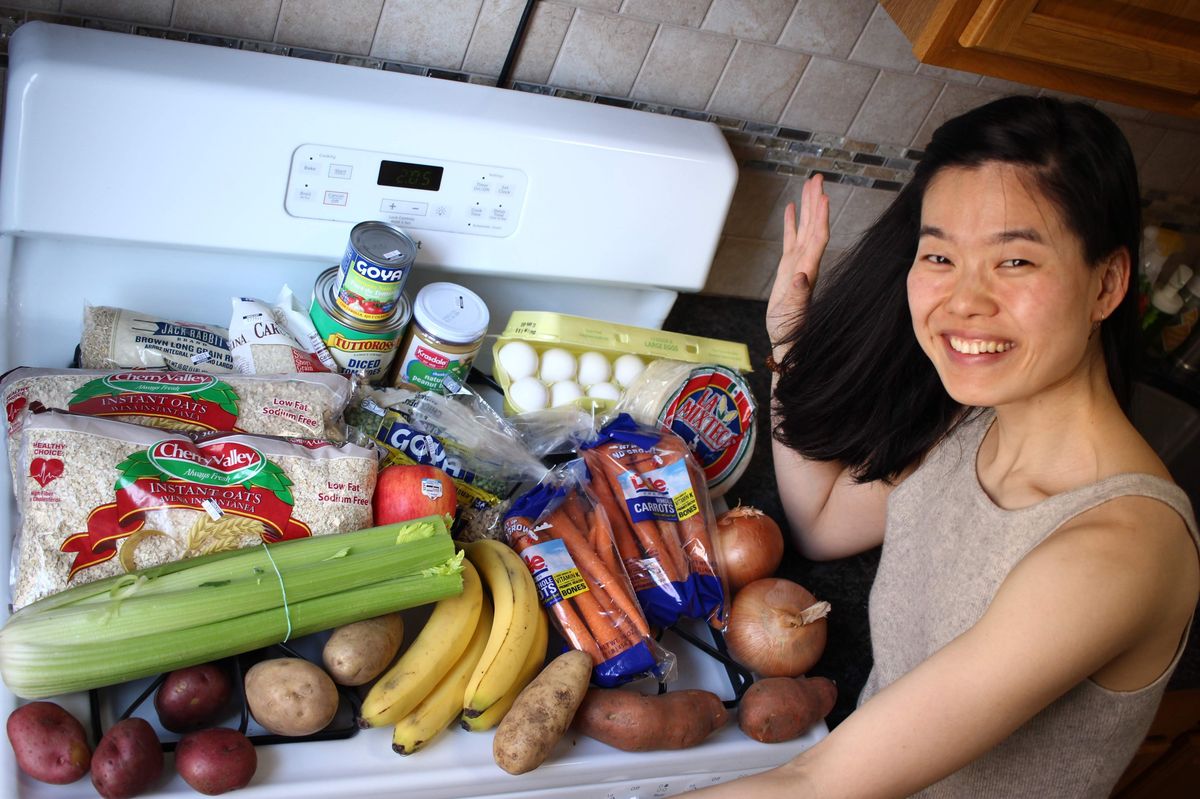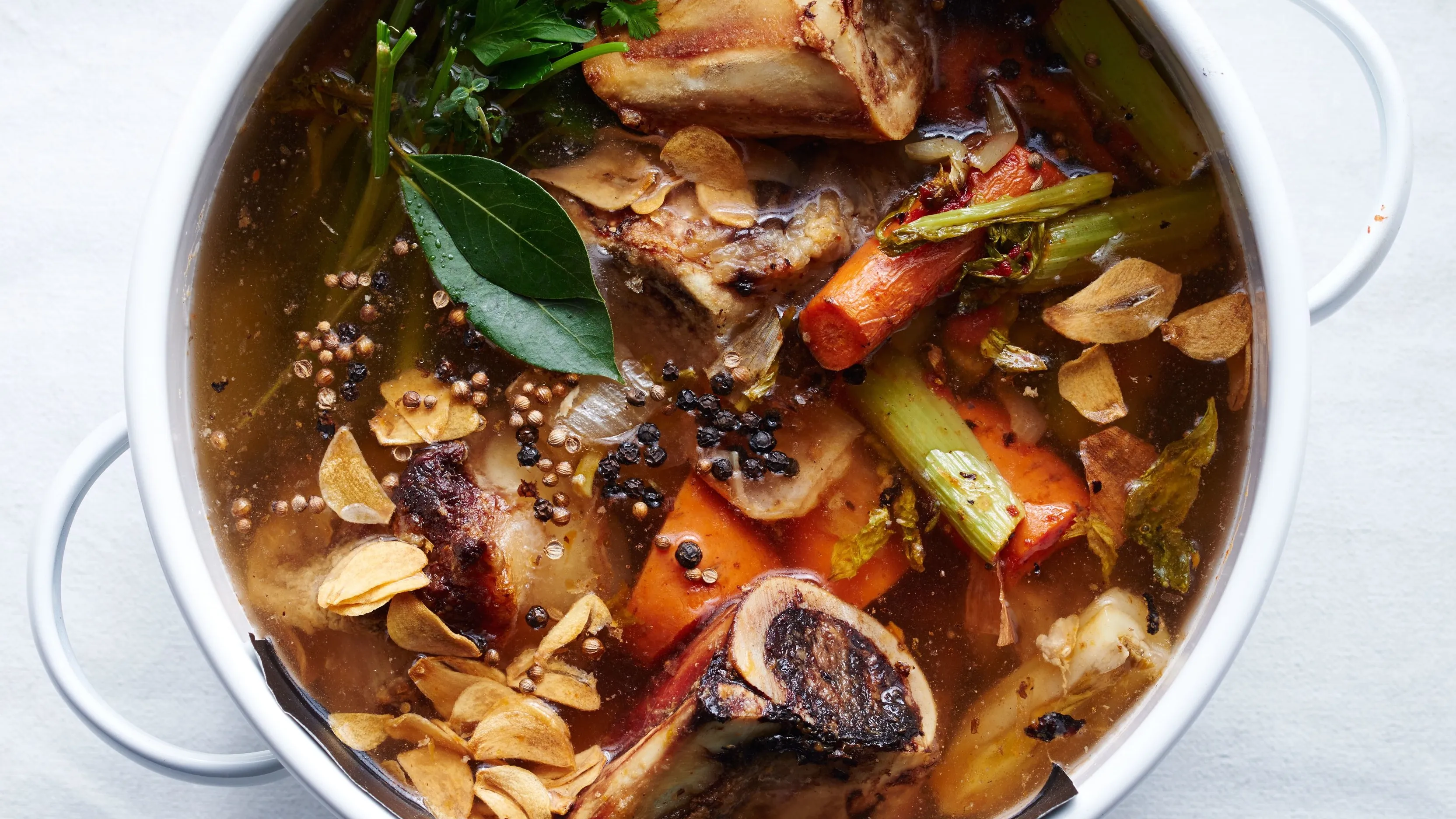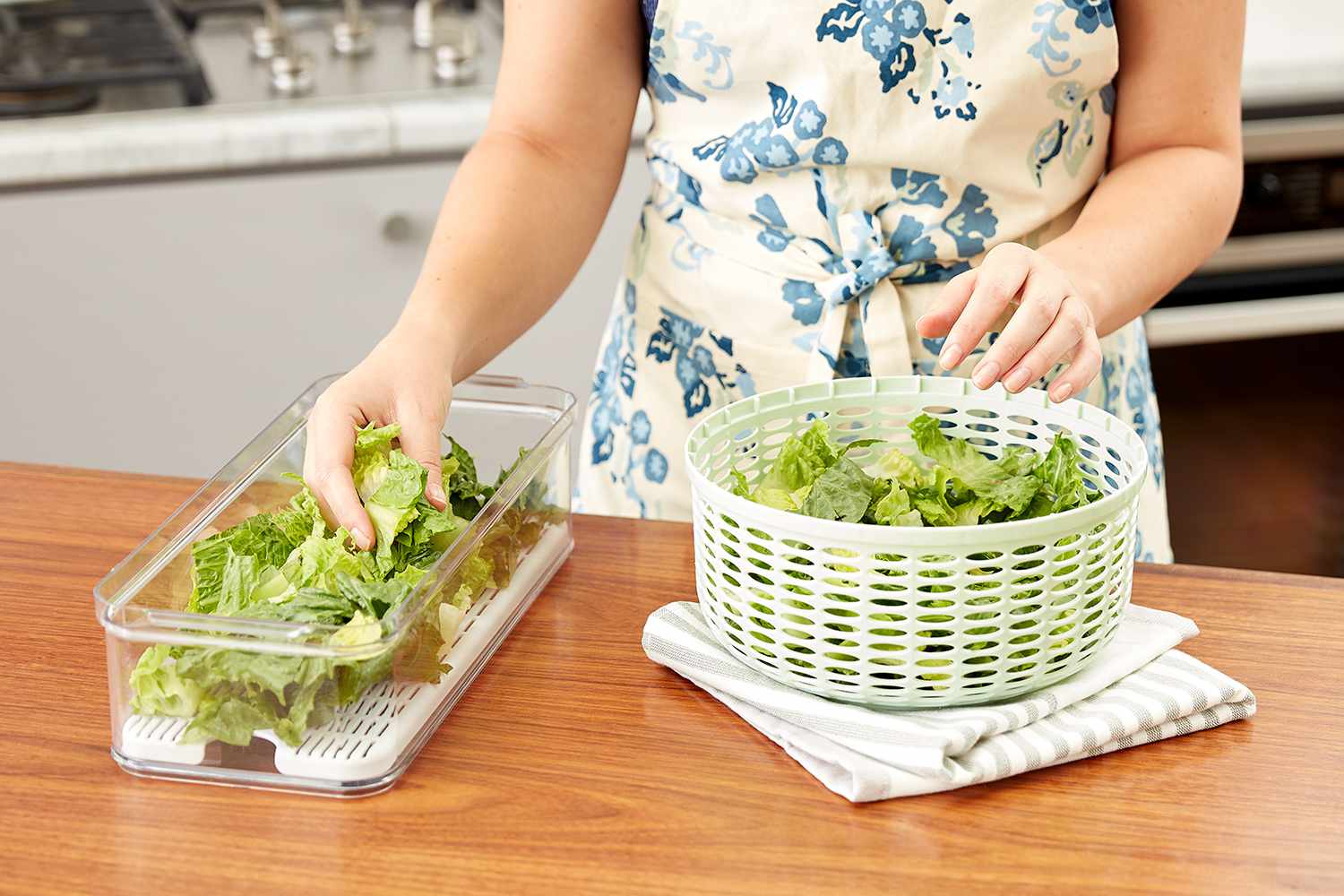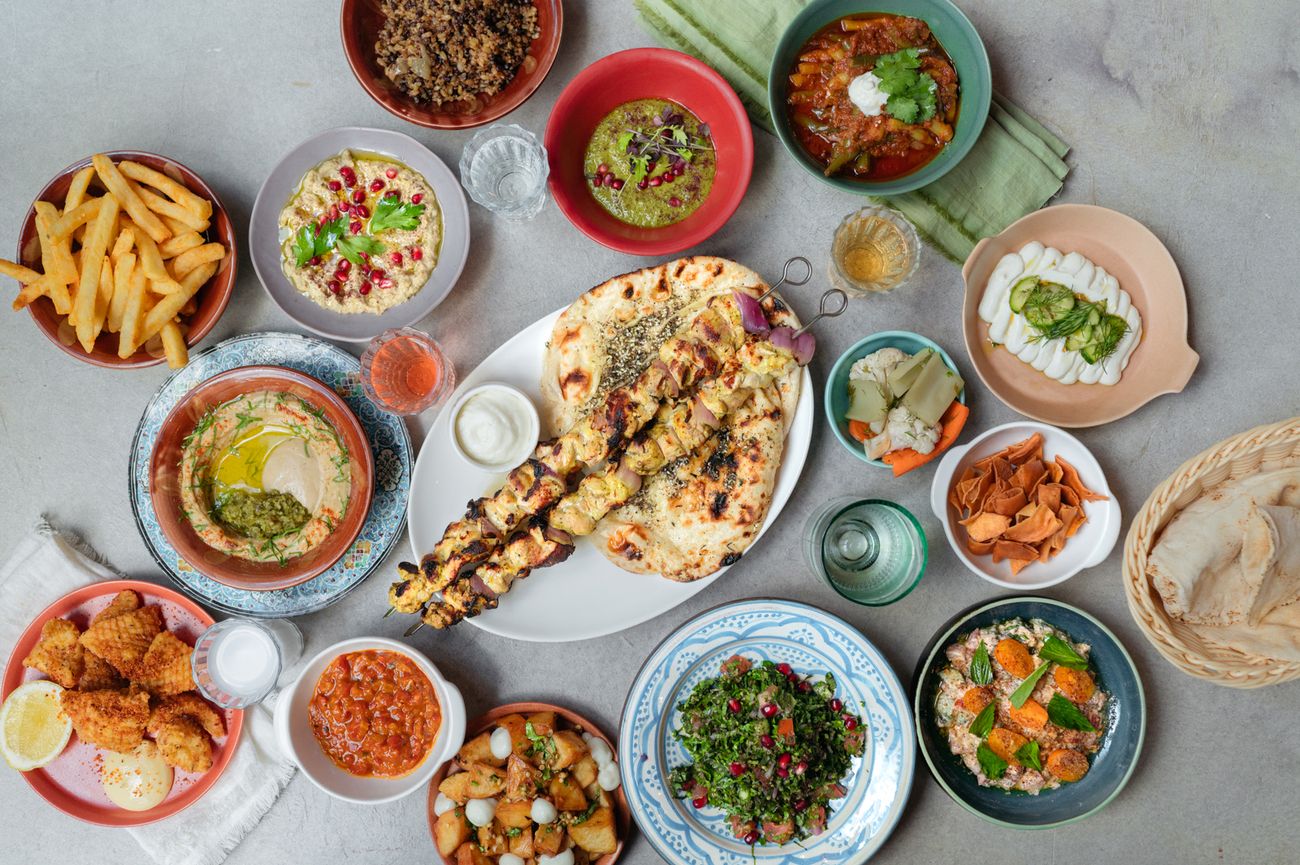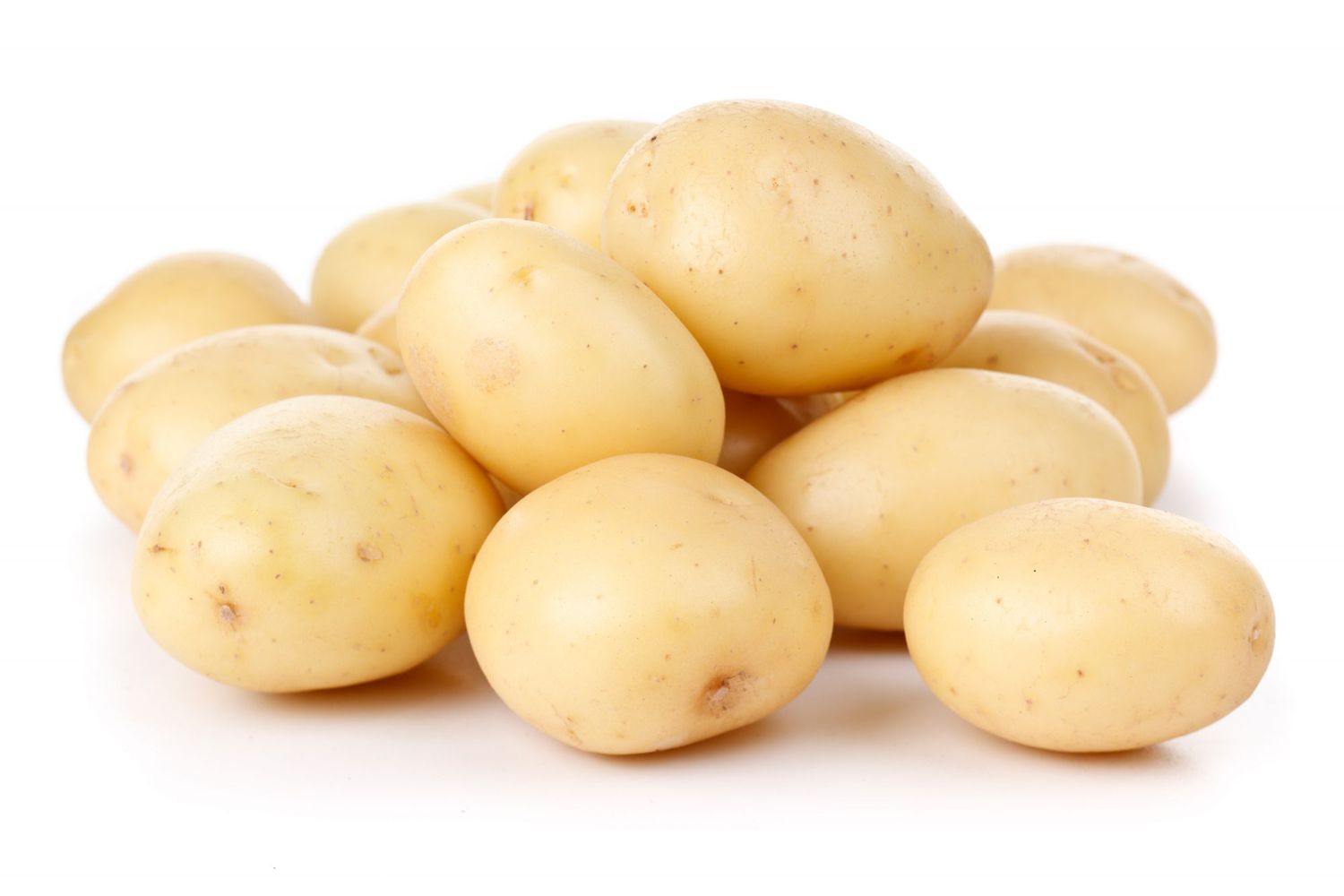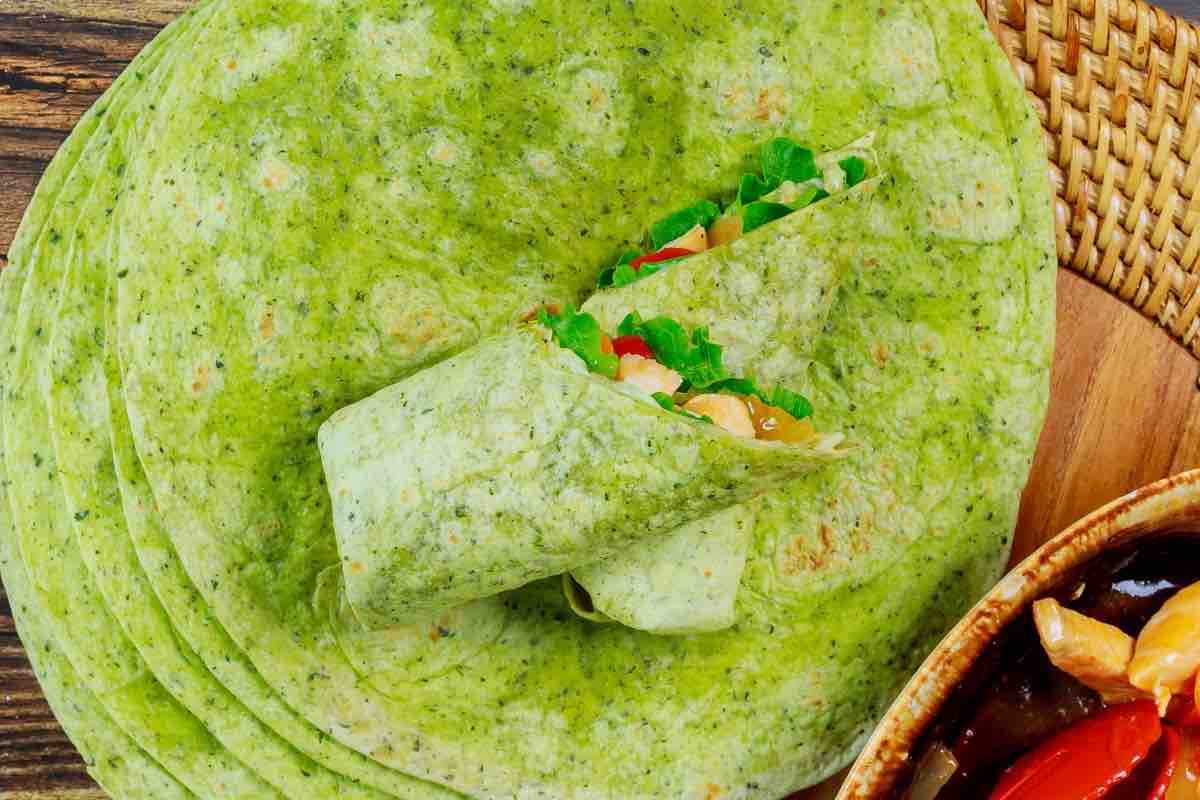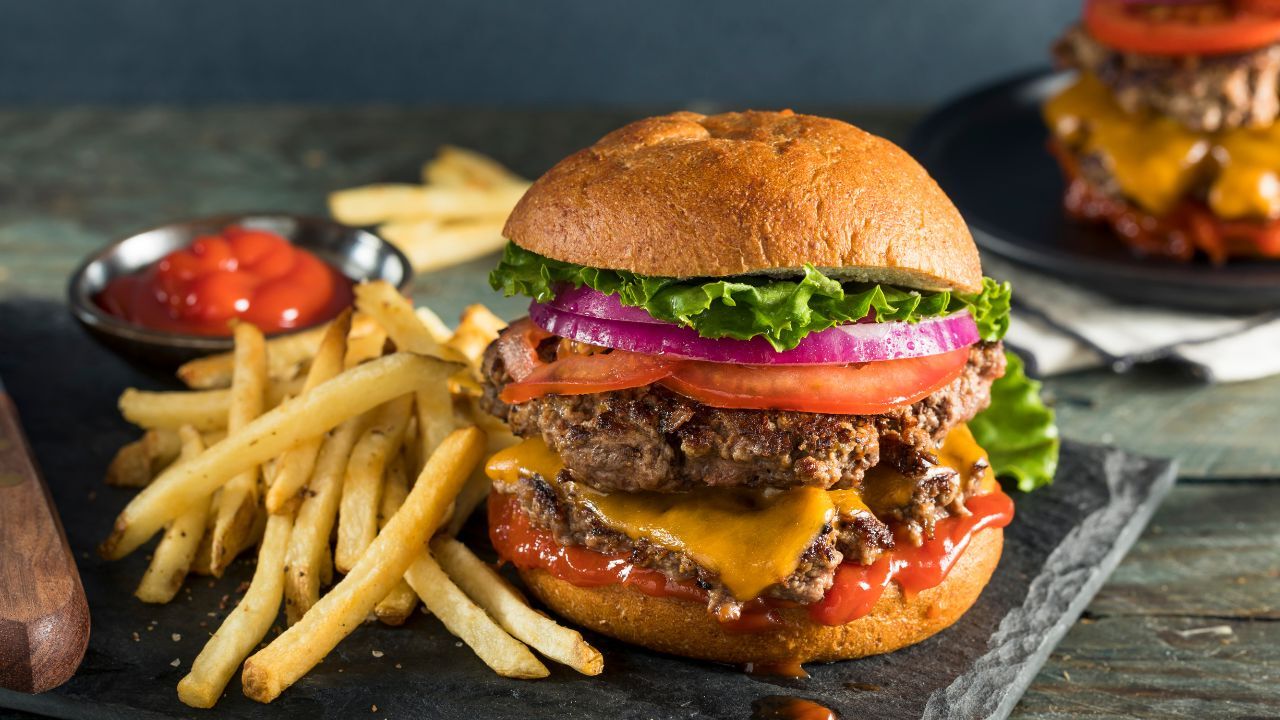What to Eat After a Hysterectomy
Congratulations on making it through your hysterectomy! Now that the surgery is behind you, it’s important to focus on your recovery, and a big part of that is nourishing your body with the right foods. Eating well can help speed up the healing process and provide you with the energy you need to regain your strength. Here are some tips on what to eat after a hysterectomy:
Focus on Nutrient-Rich Foods
After a hysterectomy, your body needs extra nutrients to support the healing process. Make sure to include plenty of fruits and vegetables in your diet, as they are packed with essential vitamins and minerals. Leafy greens, berries, citrus fruits, and cruciferous vegetables like broccoli and cauliflower are all great choices. These foods can help boost your immune system and aid in the healing process.
Additionally, lean proteins such as chicken, fish, tofu, and legumes can help with tissue repair and provide you with the energy you need to recover. Incorporating whole grains like brown rice, quinoa, and whole wheat bread can also provide you with a good source of energy and fiber.
Stay Hydrated
Drinking plenty of water is crucial for your recovery. Staying hydrated can help prevent constipation, which is a common issue after surgery. Aim to drink at least 8-10 glasses of water per day, and consider incorporating herbal teas or broth-based soups into your diet for added hydration.
Avoid Trigger Foods
Some foods can cause discomfort or digestive issues after a hysterectomy. It’s best to avoid spicy foods, greasy foods, and excessively sugary foods during your recovery period. These types of foods can irritate your digestive system and may cause discomfort as your body heals.
Listen to Your Body
Every person’s body reacts differently to surgery, so it’s important to listen to your body and pay attention to how certain foods make you feel. If you notice that a particular food causes discomfort or bloating, it may be best to avoid it until you are further along in your recovery.
Meal Ideas for Recovery
Here are some meal ideas to help you get started on your post-hysterectomy recovery journey:
- Grilled chicken breast with steamed vegetables
- Quinoa salad with mixed greens and grilled salmon
- Vegetable stir-fry with tofu and brown rice
- Homemade vegetable soup with whole grain bread
- Smoothies made with mixed berries, spinach, and Greek yogurt
Remember to take it easy and gradually reintroduce foods into your diet as you recover. If you have any specific dietary concerns or restrictions, be sure to consult with your healthcare provider or a registered dietitian for personalized guidance.
By focusing on nutrient-rich foods, staying hydrated, and being mindful of your body’s signals, you can support a smooth and successful recovery after your hysterectomy. Take this time to nourish yourself and allow your body to heal, and don’t hesitate to ask for support from loved ones as you navigate this important phase of your health journey.
